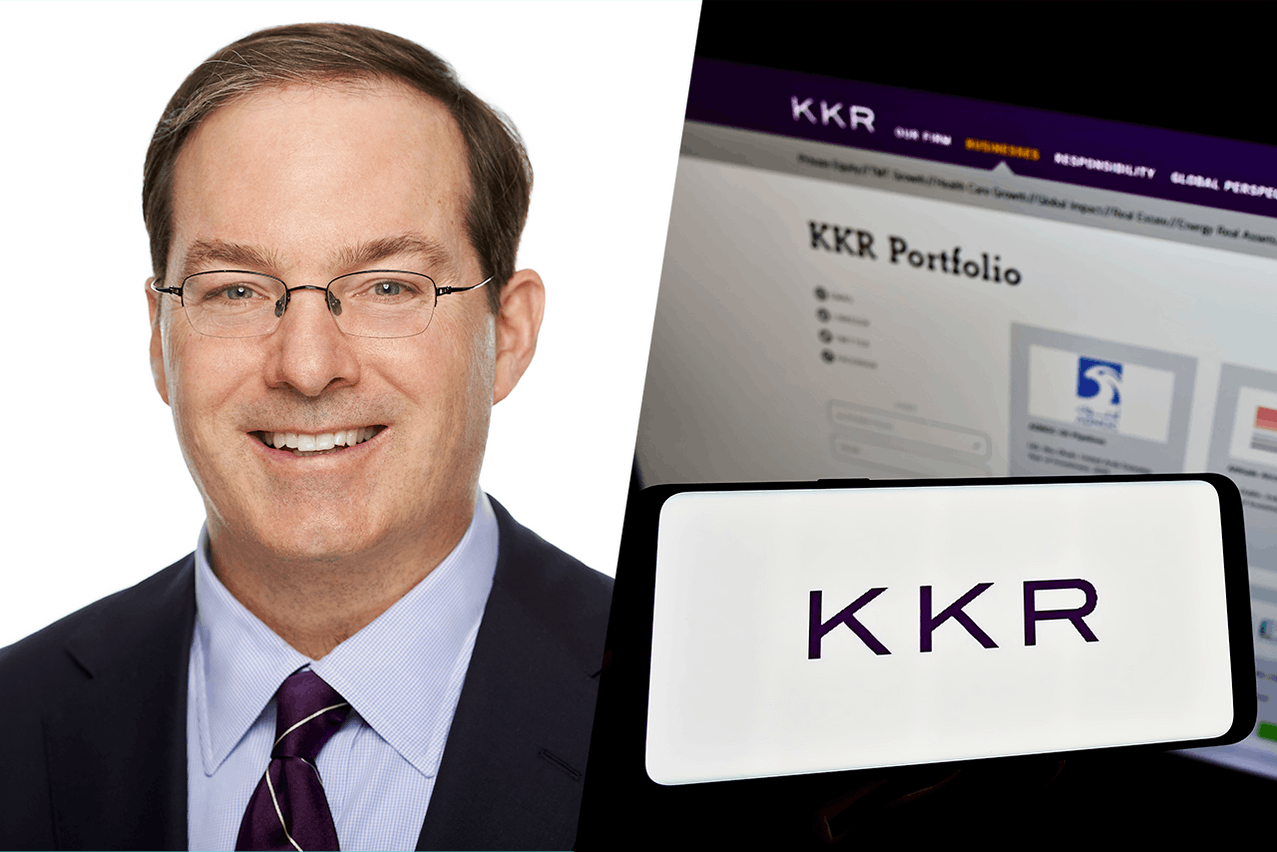In a period marked by significantly reduced activity in global capital markets, the family office sector has emerged as a notable exception, according to the latest survey by KKR, a global investment firm managing a diverse range of alternative asset classes, including private equity, energy, infrastructure, real estate and credit. Henry McVey, KKR’s head of global macro and asset allocation and the lead author of the report, observed that while the trend among allocators has been towards caution, particularly in private investments, chief investment officers within KKR’s family office network are taking a contrasting approach. These CIOs plan to increase their exposure to alternative investments in 2024, bucking the prevailing market trend.
Asset allocation strategies
McVey highlighted that over 75 surveyed CIOs--60% managing assets between $1bn and $5bn, and 19% overseeing at least $5bn--intend to boost their investment in alternatives. This decision, cited by 93% of repondents, is motivated by the benefits of the illiquidity premium in fostering tax-efficient capital growth for future generations. In contrast, 44% indicated a priority for capital preservation, while only 35% were concentrated on generating income to satisfy the requirements of current generations.
The preferred areas for increased investment are private credit, infrastructure and private equity, with a corresponding reduction in public equities and cash. This strategic pivot is aimed at leveraging long-term advantages and operational expertise to outperform passive investment strategies, noted McVey.
Additionally, McVey pointed to a growing trend among family offices to enhance their investment and risk management capabilities and to seek partnerships with general partners in regions and sectors lacking in-house expertise. This approach reflects an evolving investment landscape where family offices adopt a more proactive and diversified asset allocation strategy.
Asset class preferences
The survey disclosed a nuanced investment preference landscape within family offices, distinguishing between older, established entities and their younger counterparts. Older offices prefer alternatives, especially private equity, while newer ones are exploring and diversifying. This includes an anticipated increase in private credit, infrastructure and private equity investments at the expense of cash and public equities in 2024.
Family offices are allocating an average of 52% of their assets to alternatives, a 200 basis point increase from 2020, with a significant rise in real assets, noted McVey. This adjustment aims to include inflation hedges and infrastructure investments, addressing previous underexposure. Cash positions, although still high, have decreased since 2020, indicating a shift towards higher-risk investments, with a preference for private credit, infrastructure and private equity, particularly in Japan, Korea, and India, over China.
Investment Strategies
A clear division in asset allocation strategies exists between newly established family offices and those that scaled prior to the pandemic. Newer offices tend to maintain higher cash balances and adopt a cautious stance towards hedge funds and private equity. In contrast, more mature offices show a preference for lower cash balances and a higher allocation to private equity, indicating a more aggressive investment approach.
The preference for real assets, such as data centres, logistics and warehouses, underscores a strategic shift towards investments offering inflation protection and aligning with post-pandemic themes, remarked McVey.
In summarising the findings of KKR’s triennial survey, McVey highlighted the dynamic nature of family office investment strategies, emphasising a shift towards increased illiquidity and diversification across asset classes. This trend reflected a strategic response to current market conditions and a broader shift in the investment philosophy of family offices towards long-term growth, risk management and sectoral diversification.
The full 29-page report, released on 12 February 2024, is available .
